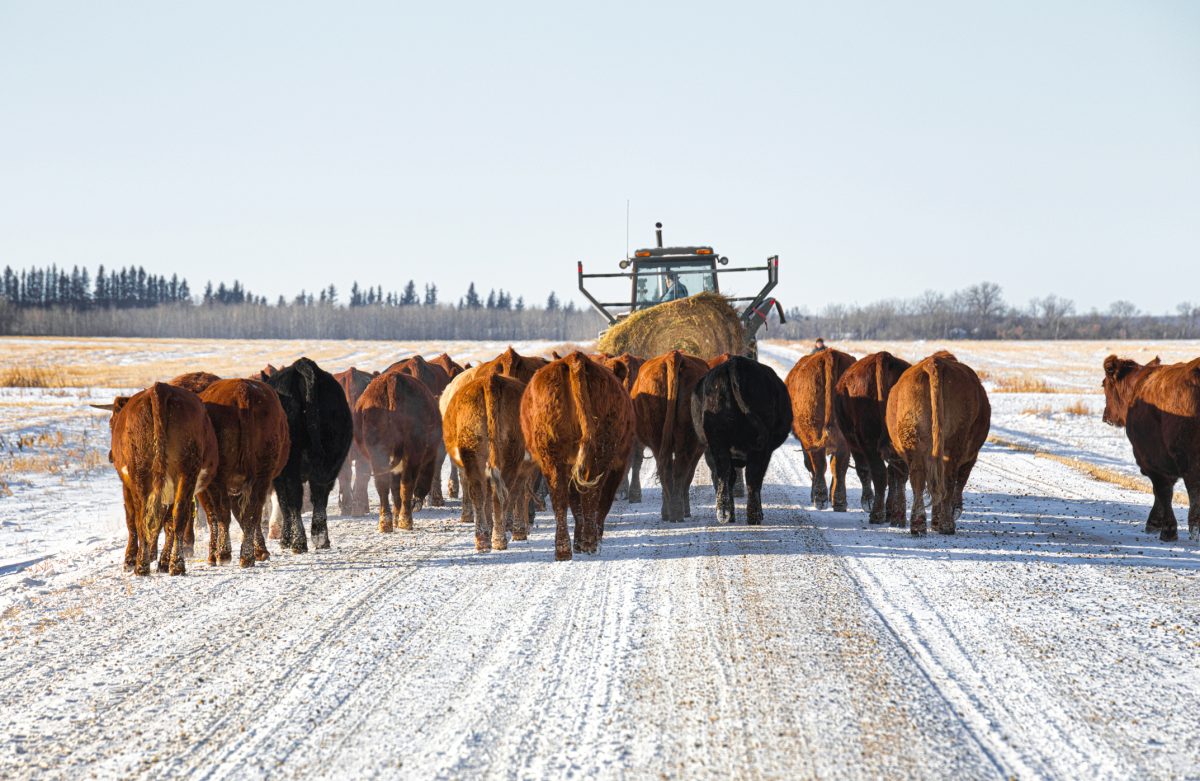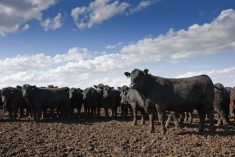“Substantial recovery” in its packaged meats business has helped Maple Leaf Foods return to black ink in its third quarter.
The Toronto-based food processing firm on Wednesday posted a profit of $22.46 million on $1.297 billion in sales for its Q3 ending Sept. 30, up from a $12.92 million loss on $1.344 billion in sales in the year-earlier period.
The company’s Q3 ledger “showed a very material increase in profitability compared to last year and prior historical levels and we are very pleased with this significant progress,” CEO Michael McCain said in the company’s release.
Read Also

U.S. livestock: Cattle, hogs rally
Chicago Mercantile Exchange cattle and hog futures rallied on Tuesday. Most-active April live cattle gained 2.900 cents to close at…
“We benefited from the core strength of our bakery business, combined with substantial recovery in our packaged meats business,” he said.
Also, “the sustainable earnings improvements from the protein restructuring implemented over the past three years are now more visible in our results,” he said, adding that “we still have to complete the work underway to fuel higher growth and margins consistent with our consumer packaged goods peer group.”
Maple Leaf’s restructuring since late 2006 has included shutting its pork plant in Saskatoon, cancelling plans for a new facility there and putting its Burlington, Ont. pork plant up for sale, all with the goal of meeting the company’s fresh pork requirements through its slaughter and processing plant at Brandon, Man.
The company’s meat products group boosted its operating earnings on the company’s restructuring to date, as well as “solid progress in the recovery of the prepared meats business” following the company’s major listeriosis-related product recall in the summer of 2008.
“Not yet performing”
The prepared meats business also benefited from lower raw material costs, while volume continued to trend close to historical levels. “Management remains focused on driving volume growth and improving earnings in this business, which is not yet performing to full potential,” the company said.
Also, Maple Leaf said it plans to make investments in the meats business to “improve efficiencies and reduce supply chain costs.”
Improved industry processor margins and yield efficiencies raised Maple Leaf’s earnings in its poultry operations, while results from primary pork processing were “largely consistent with last year as lower pork markets were offset by restructuring and currency benefits,” the company said.
In Maple Leaf’s agribusiness group, benefits from restructuring improved results in hog production, though that business “continues to be unprofitable as a result of lower market prices.”
Earnings from Maple Leaf’s rendering operations, including biodiesel production, slipped slightly on lower commodity prices that in turn lowered the value of rendered byproducts, the company said.
Increased earnings in Maple Leaf’s bakery products group came largely from lower commodity costs that improved margins in its North American fresh and frozen bakeries and pasta operations. Those increases, however, were “partly offset by disappointing results in the fresh sandwich business and U.K. bakery operations.”
The fresh sandwich business, while “not material” to the bakery group’s overall showing, “has not met expectations,” the company said.
“Management considers this business, which includes Aliments Martel that was acquired last year, to be an important part of its growth strategy and is actively working on initiatives to improve its market share and profitability.”
Maple Leaf’s Canada Bread arm bought Martel, a Quebec-based maker and distributor of sandwiches, meals and sweet goods serving the convenience store, gas station and retail markets, for $42 million in January 2008.















